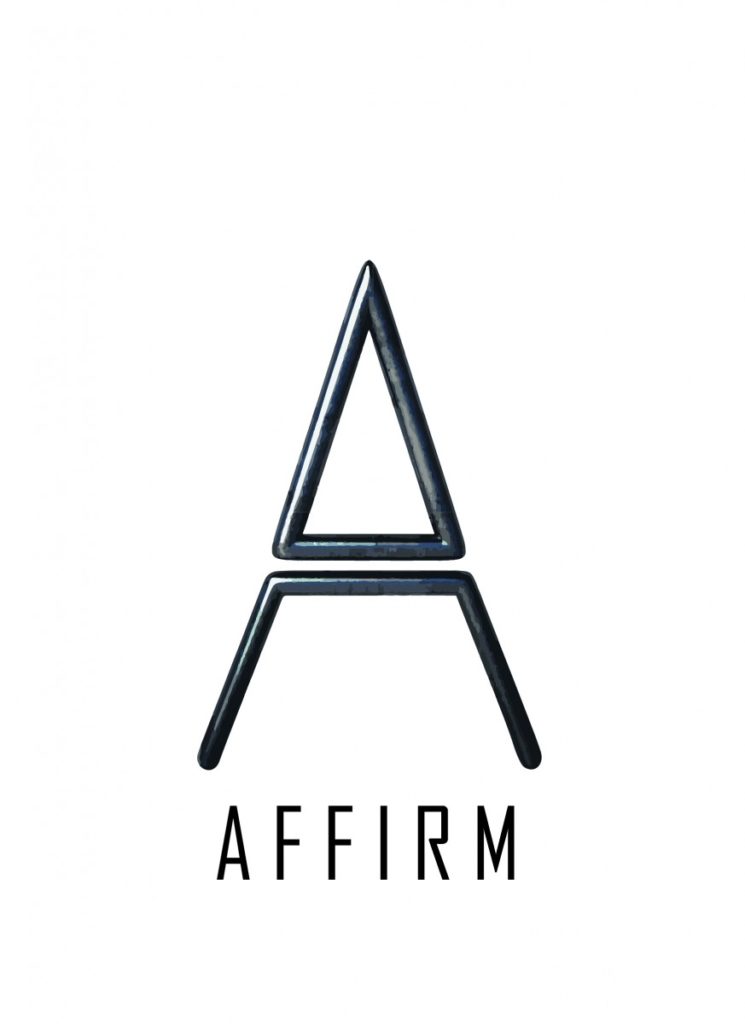As of December 30, 2023, there are new Trust reporting rules that come into effect. In our opinion, the impact on those that are already filing a Trust Return will not be as great as those that are going to be filing a Trust Return for the first time.
Those that already are filing Trust Returns are affected, but they are already used to the process that goes into preparing a Trust Return. They will have an additional schedule to file with their 2023 Trust Return (Schedule 15) where they will have to disclose all of the parties that are involved in the trust. There will be some additional information gathering to ensure that we have all of the relevant information for each of the trusts that we’re filing on behalf of our clients, but overall, that isn’t what is causing all of the angst.
The stress within the tax community is on those people, corporations, and partnerships, that haven’t had to file a trust return in the past but will now have to do so. Trying to determine if a trust relationship exists, with minimal guidance from the Canada Revenue Agency (as of November 6, 2023), has been frustrating. Starting this year, Trust Returns will be required for those individuals or corporations that hold onto an asset for the beneficial use of another entity (individual, corporation or partnership). These types of relationships are generally referred to as Bare Trusts. Many people are finding out for the first time that they have a trust relationship.
Here are some examples of what a Bare Trust is:
- You have a corporation that holds title to a piece of land, but another corporation is using, enjoying and/or benefiting from the land.
- You have opened up a bank account for your grandchildren who are under the age of 18.
- You have added your adult child onto your investment accounts or bank accounts for probate purposes.
- You and your spouse made an investment with money you earned. Both of you are on title, but you are the only one that claims the income earned since it was your earnings that made the investment.
- This is correct for the purposes of the tax attribution rules. All of the income would be attributed back to you. But now you will have a trust filing because your spouse is on title.
- Your son or daughter has purchased a home and you are on title to that home as well in order to guarantee a mortgage for them. But you don’t live in that home or have any other rights to that home.
In these situations, you will need to file a Trust Return for 2023. The only one where you may not have to is if the bank account or publicly traded portfolio investment account have a balance that is under $50,000 at all times during the year. In many instances you will not need to file a Trust Return. However, even in this situation, you may find that you have to file a Trust Return, since certain investments qualify for the exemption, and others do not.
The good news is that in most Bare Trust relationships, there will be no tax due. It will be an exercise in disclosure. The bad news is that if you choose not to file the return, the penalties are severe. The penalties are $25 per day with a minimum penalty of $100 and a maximum of $2,500 per return. And since you chose not to file the return, there is an additional penalty of the greater of $2,500 or 5% of the maximum value of the property held during the year.
And just in case you were thinking that perhaps these rules will be deferred for a period of time? We aren’t that hopeful, especially since these rules have been hovering over us for the past few years, and finally got passed in Parliament at the end of last year.
If any of these situations apply to you, please reach out to us as soon as possible so that we can start applying for a Trust Account Number and ensure that you have all of the documentation that will be required to disclose on the Trust Return. Trust Returns with a December 31st year end are due March 30, 2024.
